Discipline and Freedom:
Our forerunners had a conception that discipline is a term that is apart from freedom. These thinkers and educators believed that freedom makes the children vagabonds. Thus, the interpretation of the term ‘discipline’ according to those educators was control over freedom. In other words, for the maintenance of discipline, children must not be left free. Somebody has said that “spare the rod and spoil the child”. It means that corporal punishment was considered proper in order to maintain discipline. In old fashioned schools or Pathshalas corporal punishment is given to the students even today. These days this interpretation of the term discipline is not accepted. Corporal punishment has been absolutely ended and is considered illegal because it is believed that such punishment gives birth to revolting ideas among the students. Instead of being good, they become undesirable members of society.
Now the present education, after thinking deeply, has come to the conclusion that the children must get freedom in order to develop their own personality, according to their capacities and capabilities. If they are checked or hindered they become problematic children. The real and harmonious development of children is possible only when they get a free environment to move freely and think accordingly.
Truly speaking, discipline is not a thing to be cultivated by others but is automatic cultivation through ideals and a good environment. A teacher should try to train the children through examples of our forefathers. He should put the lives of great men before the students. Such steps will enable them to cultivate a disciplined mind. They will ultimately act in a disciplined way. Self-discipline is the most successful and permanent. In this way, teachers should enable the children to direct their own impulses in an orderly way in order to achieve success and economy instead of failure and waste.
Whitehead rightly said, “It should be the aim of an ideally constructed education that the discipline would be the voluntary issue of free choice and that the freedom should gain an enrichment of personality as the issue of discipline. Two principles- freedom and discipline are not antagonistic but should be so adjusted in the child life that they correspond to a naturals way to and fro, of the developing personality”.
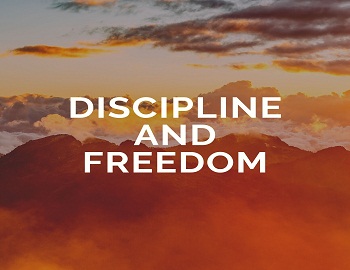


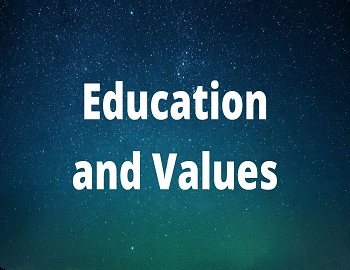
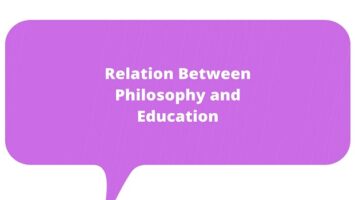
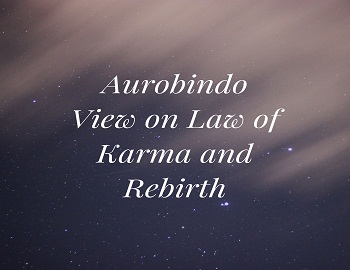

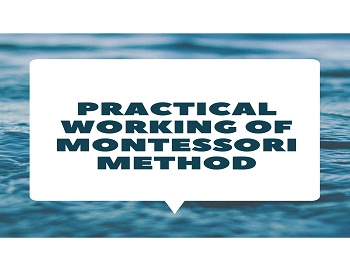
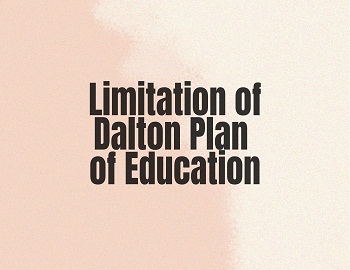
Comments (No)